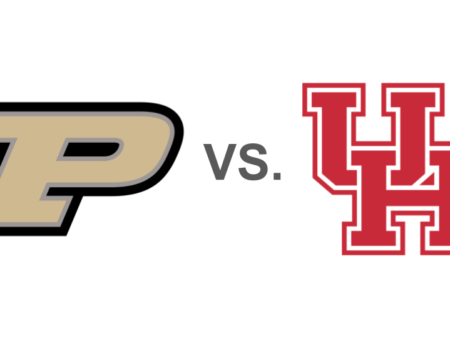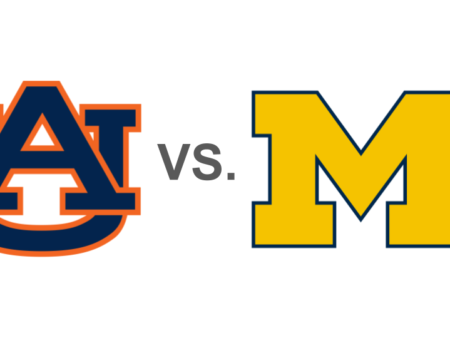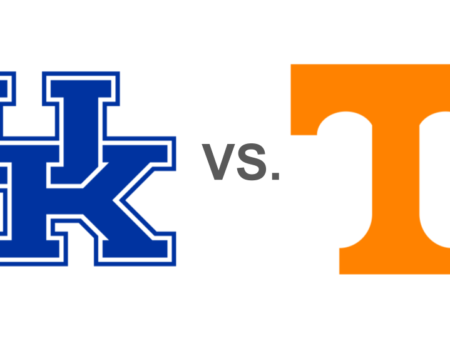
The Commodity Futures Trading Commission (CFTC) has asked Crypto.com to pause the availability of Super Bowl futures exchange contracts until the commission has completed a review on their legality. The request came from the federal government on Tuesday, and Crypto.com said no.
On January 20, President-elect Donald Trump will be sworn in as President, and CFTC Chair Rostin Behnam will step down from his position on the same day. Crypto.com’s position is that instead of following a request from a commission that is just days away from leaving their jobs, they want to wait until the new leadership is in place.
“It is disappointing that the current and imminently departing CFTC leadership would take this action while not allowing the incoming CFTC leadership to determine how free markets operate under its administration. The majority’s decision to apply this rule contradicts recent Federal Court rulings and conflicts with the current Commission’s own statement set forth in its recent rule proposal,” Crypto.com said in a released statement.
“We remain committed to working with the CFTC and will continue to support our customers and the trading of our sports title events contracts in all 50 states without interruption.”
A Gambling End Around
Crypto.com, along with other exchange services like Kalshi, Robinhood, and Polymarket, go out of their way to say that they aren’t involved in “gambling.” But the reality is that two people selling Super Bowl futures contracts on specific teams operate just like a futures bet with a sportsbook. The one difference, as Crypto.com mentioned in their release, is that they operate in all 50 states, as opposed to legal sports betting, which is limited to 38 U.S. states.
That makes the very large and lucrative markets of California and Texas available to exchanges, while sportsbooks like DraftKings and FanDuel are left out.
And in markets where exchanges operate alongside legal sportsbooks — because exchanges are “trades” between two individuals, and the exchange isn’t providing the wager and only facilitating its completion — they often charge a much smaller fee. The “vig” – as it’s known in sports betting – is typically 10% of the wager. For exchanges, it’s half that, and often less.
The Stickiness of Sports Betting
In October, the CFTC tried to stop Kalshi from offering exchange markets on the presidential and Congressional elections. But the Court of Appeals in Washington D.C. declined to issue a stay. The CFTC declined to pursue the appeal process to a higher court because it was unlikely to be heard before the election in November.
“U.S. presidential elections markets are legal. Officially. Finally,” Kalshi founder Tarek Mansour declared after the ruling.
Presidential betting being legal, or at least no longer legally challenged, is one thing. That doesn’t compete with sportsbooks in the 38 legal and regulated markets in which they operate. But just before Christmas, Crypto.com added Super Bowl predictions to their offerings, and that raised the alarm.
The Super Bowl exchange market doesn’t offer point spreads and moneylines on individual games. But there are listed odds for each of the remaining teams, and buying in to the market can win you money.
“The contracts we are listing are financial instruments that are traded as derivatives,” the company said back in December. “Specifically, they are event contracts. They are not ‘sports betting.’”
With an estimated $23.1 billion wagered on the Super Bowl a year ago, and DraftKings and FanDuel responsible for 73% of all online sports betting revenue, expect the battle on where sports event trading stands in comparison to sports betting to continue for quite some time.
With over 25 years of experience as a distinguished sports writer for renowned platforms such as Fox Sports and ESPN, Kyle Garlett is a sports betting specialist who has been at the forefront of documenting the global surge in sports betting and online gaming. Based in Denver, Colorado, Kyle hosts an NFL betting YouTube show and podcast. Kyle also has two sports books published by HarperCollins.
Kyle graduated the Azusa Pacific University in 1996 with a B.A. Degree in Communication and Journalism.



